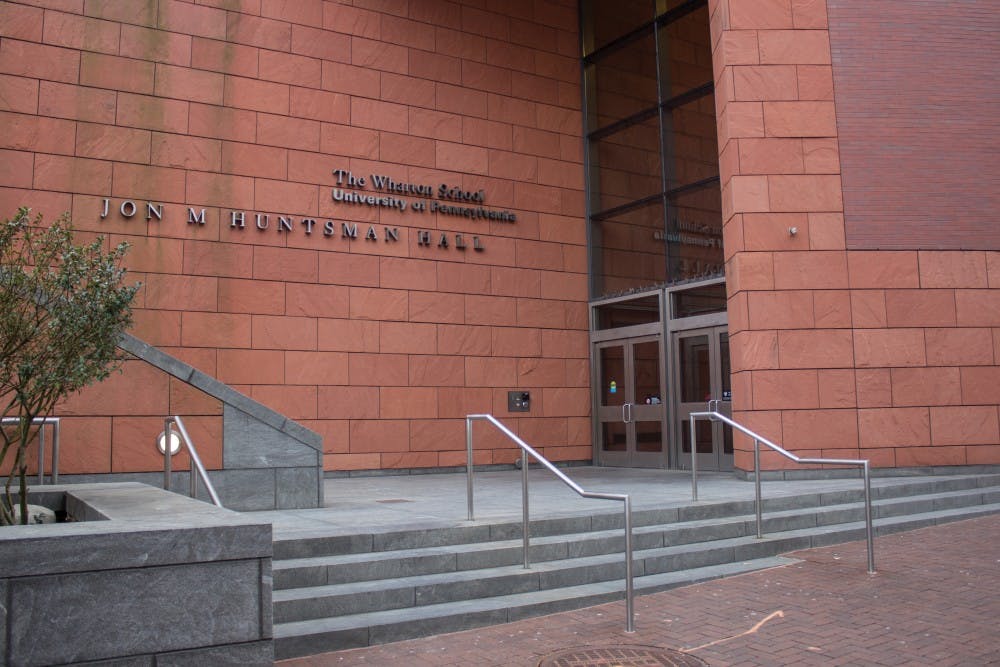
During the 2016 presidential election, Twitter gained a reputation as a platform for political discourse. To examine the effects of the website’s new role in politics, two Wharton professors studied the kinds of tweets that go viral.
The recent study published by Marketing professors Ron Berman and Robert Meyer analyzed Twitter as a “real-time micro-blogging platform” and found that entertaining or sensational posts wash out more substantive tweets. The study focused on tweets during and after the 2016 Republican presidential primary debates.
Since news sources tended to tweet quotes, they were often overshadowed by more attention-grabbing posts on the platform, Berman said. Policy commentary also received less attention than sensational content did.
The researchers found that Twitter users tend to retweet posts about more provocative topics, such as President Trump’s interactions with Megyn Kelly and his comments about the size of his hands. Instead of focusing on policy proposals, users fixate on scandals.
Berman, Meyer, Wharton doctoral candidate Colman Humphrey and Columbia University doctoral candidate Shiri Melumad published the study, “Make America Tweet Again: A Dynamic Analysis of Micro-blogging During the 2016 U.S. Republican Primary Debates.”
While Humphrey expected sensational tweets to be popular, he said he was surprised that initially trending tweets resurged in popularity after the debate.
He also Twitter becomes less of a forum for intellectual conversation and more of a “tabloid” medium as time progresses.
Despite the platform’s tendency to amplify entertaining content, 59 percent of Twitter users get news on the platform, according to the Pew Research Center. Of this group, 45 percent of users are actively looking for news.
Depending on what time they used Twitter, debate watchers saw completely different “Twitterspheres,” according to the paper.
Berman said that Twitter has a greater impact on political discourse than other social media platforms because Twitter users often see content from people they do not know. Twitter users can search using a hashtag or trending topic to see public tweets from a diverse population of users.
“What happens on Facebook is going to affect you, individually … Everyone might not know about it,” he said. “Same applies for Snapchat, whatever other kind of process where not everything is open.”
Berman emphasized that while not everyone uses Twitter during or after political debates, tweets also affect media coverage the following day.
“[The media sources] are looking at Twitter because they cannot access the Facebook information,” he said, adding that tweets can become their own source of news alongside the actual debate.
To counter trends that diminish the reach of serious news on Twitter, Berman said users should look for original posts as opposed to viral content.
“It’s much easier to share things, but it doesn’t say much because they shared it,” he said. “If you want to know what other people are doing, just look at the shared content. But that’s not a good way to make decisions.”
The Daily Pennsylvanian is an independent, student-run newspaper. Please consider making a donation to support the coverage that shapes the University. Your generosity ensures a future of strong journalism at Penn.
Donate







